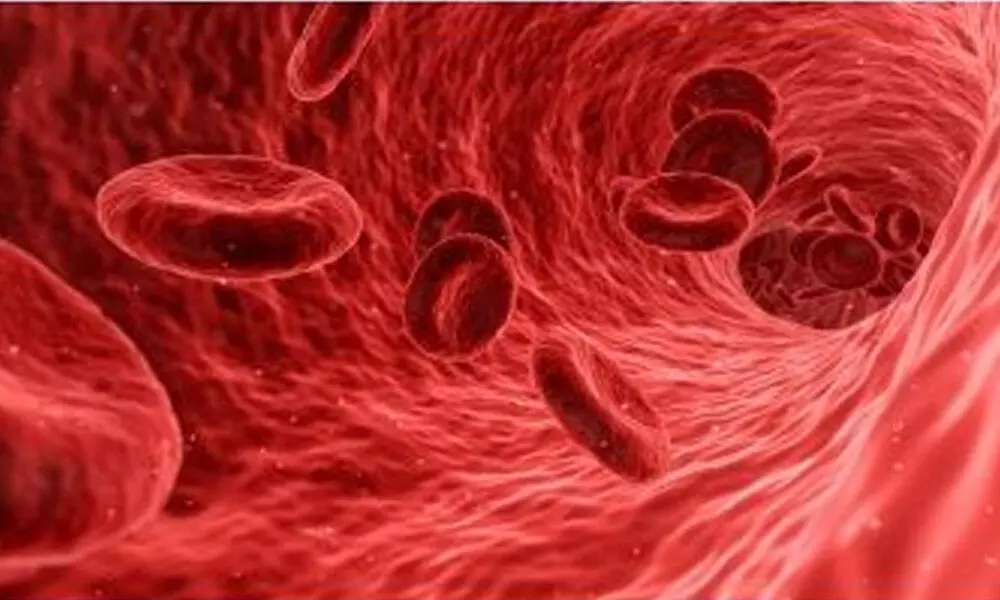Blood thinners may reduce fatality in Covid cases
Administering a full dose of a standard blood thinner early to moderately ill hospitalised patients with Covid-19 could halt the formation of blood clots and reduce the risk of severe disease and death, finds a study
image for illustrative purpose

Toronto: Administering a full dose of a standard blood thinner early to moderately ill hospitalized patients with Covid-19 could halt the formation of blood clots and reduce the risk of severe disease and death, finds a study.
Covid-19 is marked by heightened inflammation and abnormal clotting in the blood vessels, particularly in the lungs, and is believed to contribute to progression to severe disease and death.
The study, led by investigators at St Michael's Hospital in Canada, and the University of Vermont in the US, showed that heparin -- a blood thinner given regularly at low dose to hospitalised patients -- stops clots from forming and reduces inflammation. The details are available as a preprint on MedRxiv.
"This study was designed to detect a difference in the primary outcome that included ICU transfer, mechanical ventilation or death," said Mary Cushman, Professor of medicine from Vermont's Larner College of Medicine.
"While we found that therapeutic heparin didn't statistically significantly lower incidence of the primary composite of death, mechanical ventilation or ICU admission compared with low dose heparin, the odds of all-cause death were significantly reduced by 78 per cent with therapeutic heparin," said first author Michelle Sholzberg.

